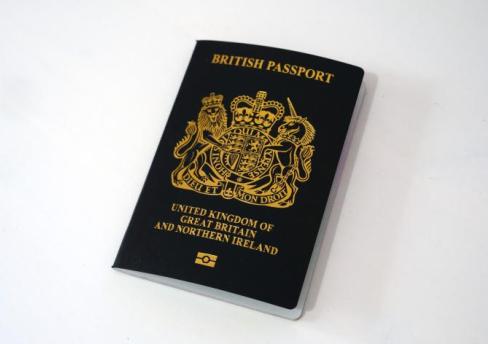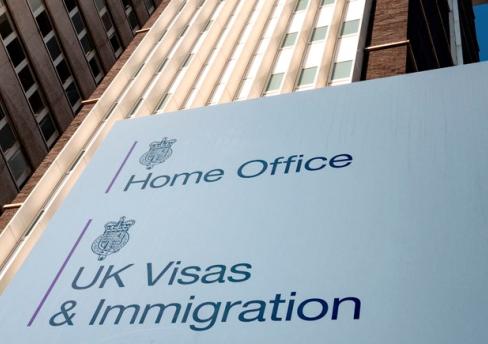In the context of Brexit, I often have to advise clients on their rights under EEA law and how to keep this after the UK leaves the European Union.
The EU Settlement Scheme provides a streamlined and inclusive route to settlement for most EEA nationals and their family members in the UK. However, under EU law, family members can be either direct or extended and this could have an impact on their eligibility to apply.
EU law considers "direct family members" to be:
- the person's spouse or registered partner (which in the UK includes their civil partner);
- children under 21 (or over 21 and dependent) of the EU national or his spouse or registered partner; or
- his or his spouse or registered partner's dependent parents.
These family members have automatic residence rights under EEA law as long as their EEA family member exercises his Treaty Rights. The EU Settlement scheme has relaxed this requirement further and now the main test under the scheme is actual residence.
Any other family members (for example unmarried partners) are considered "extended family members". They do not have automatic residence rights in the United Kingdom but they can apply for a residence card to grant them these rights. They also must be issued residence documentation and be recognised as family members, before they can apply under the EU Settlement scheme.
Until recently, extended family members had no right of appeal against a refusal to issue them with a residence card. Their only remedy in the event of a refusal was a Judicial Review which is an expensive and time-consuming process.
The position has been changed favourably for such applicants this year when the CJEU clarified the EU law position in the case of Banger. This case dealt with a number of complex questions of EU law among which, whether extended family members are entitled to an appeal against a refusal to recognise them as family members of an EEA national. The CJEU confirmed that such refusals do attract a right of appeal and the United Kingdom's Upper tribunal has adopted this approach.
What does this mean in practice?
Family members of EEA nationals who have been refused an application for residence card in the past should obtain legal advice, as it may be possible to lodge an appeal now and request the tribunal to accept it late.
The EU Settlement scheme's deadline for application is 31 December 2020 if there is No Deal Brexit which is now a likely scenario, and 30 June 2021 if the UK leaves with a deal. Extended family members who have been recognised and issued with residence documentation by Exit day (currently set to 11 pm on 31 October 2019) will be able to apply under the EU Settlement scheme from inside the UK.
We offer specialised legal advice and legal support on complex EU law and Brexit matters, so if you have any questions, please do not hesitate to contact us.
The content of this webpage is for information only and is not intended to be construed as legal advice and should not be treated as a substitute for specific advice. Morton Fraser LLP accepts no responsibility for the content of any third party website to which this webpage refers. Morton Fraser LLP is authorised and regulated by the Financial Conduct Authority.










